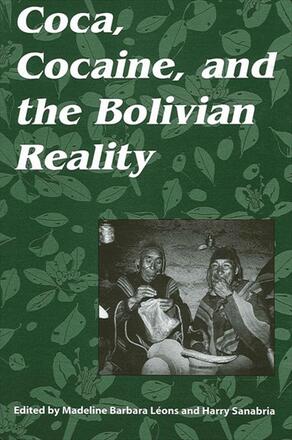
Coca, Cocaine, and the Bolivian Reality
Alternative formats available from:
Examines the impact of coca and the cocaine trade on the Latin American country most affected by it, Bolivia.
Description
This volume examines the impact of coca and the cocaine trade on Bolivia, the poorest and most vulnerable of the South American countries.
Topics examined include coca growers who have organized to protect their livelihood; coca substitution programs that have provided no viable alternative; and the repressive legal and extralegal apparatus which has been mobilized against the growers.
Surprising studies show how coca cultivation may be environmentally conservative and how it can underwrite traditional culture. At the same time, both politically and economically, Bolivian society has been transformed by coca and the cocaine trade and efforts to combat them. These efforts, concentrating on supply-side interdiction and coca eradication, have had negative impacts within Bolivia, have damaged the relationship between Bolivia and the United States, and have been ineffective in stemming the flow of cocaine to consuming countries.
Madeline Barbara Leons is Professor of Anthropology at Towson State University. Harry Sanabria is Assistant Professor of Anthropology at the University of Pittsburgh.
Reviews
"Breaks new ground in analyzing national and international issues concerning coca growing and the effect of national and international policies on peasant livelihood. " -- Hans Buechler, Syracuse University
"This book stresses just how important both the historical and contemporary significance of drugs are to a thorough understanding of the people and nation of Bolivia. " -- William O. Walker III, Ohio Wesleyan University
"Begins the task of blowing away the smokescreen covering so much of the discourse about the illicit international drug trade. " -- Jim Weil, Marquette University